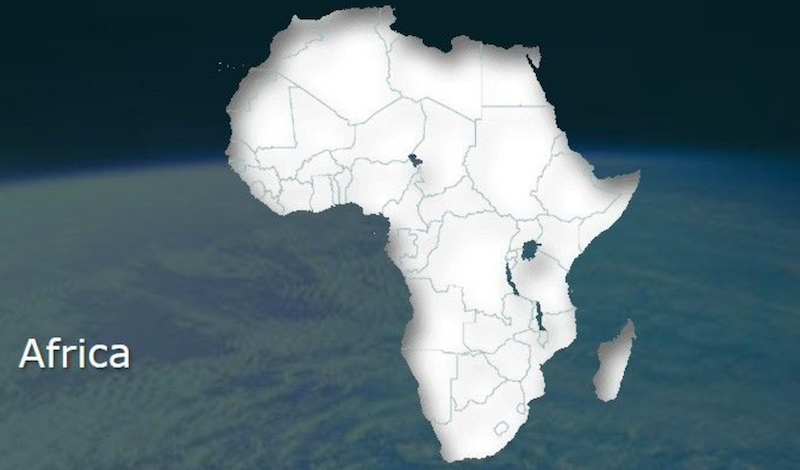By Bosun Aiyedun
For decades, the European Union (EU), the United States (US), the United Kingdom (UK), China, Russia, and other global powers have allocated hundreds of millions—if not billions—of dollars in development assistance to Africa. This practice raises an essential question: Why continue pouring vast sums of money into aid when these resources could address pressing socio-economic challenges in their own nations? Moreover, Africa, a continent abundant in resources, does not require perpetual aid but rather meaningful partnerships that promote sustainable trade and economic self-sufficiency.
The reality of African economic strength: Diaspora as the largest investor.
One of the most underappreciated economic forces in Africa is its diaspora, comprising over 150 million Africans living abroad. According to the World Bank’s 2023 migration and development brief, remittances from the African Diaspora reached $100 billion in 2022, far surpassing the funding provided by traditional development actors (World Bank, Migration and Development Brief, 2023). This remittance flow serves as Africa’s most stable source of external finance, often exceeding Foreign Direct Investment (FDI) and Official Development Assistance (ODA).
Development assistance: A Failed Model?
Despite receiving over $1.2 trillion in aid since the 1960s, African nations continue to grapple with systemic poverty, weak infrastructure, and governance inefficiencies (Dambisa Moyo, Dead Aid, 2009). Research indicates that reliance on foreign aid has, in many cases, exacerbated economic stagnation by fostering dependency rather than promoting self-reliance (William Easterly, The White Man’s Burden, 2006).
A Call for a new approach: From aid to investment.
Rather than perpetuating aid dependency, global powers should consider strategic, results-driven investment models that empower Africa to leverage its own vast resources. A viable approach involves:
Short-term strategy: Supporting African Entrepreneurs & Diaspora initiatives
Funds should be redirected to African entrepreneurs who are developing sustainable, scalable solutions in key sectors such as fintech, agribusiness, healthcare, and clean energy.
Investment should focus on platforms that enable diaspora engagement in infrastructure, education, and business development, thereby increasing Africa’s internal capacity to drive economic growth.
Medium-term strategy: Establishing an exit strategy for development assistance.
After decades of financial support, it is time to implement a phased reduction of direct aid while transitioning towards policies that prioritize trade, innovation, and self-reliance.
The African Continental Free Trade Area (AfCFTA), projected to boost intra-African trade by 52% by 2025 (UN Economic Commission for Africa, 2020), presents a historic opportunity for economic self-sufficiency.
Long-term strategy: Letting Africa Solve Its own problems.
Economic sovereignty requires political will, institutional reform, and a shift in global engagement strategies.
Instead of imposing Western solutions, Africa should be allowed to implement policies tailored to its realities—bolstered by its human capital, natural resources, and growing tech ecosystem.
Conclusion: A new paradigm for Africa’s development.
Africa does not need perpetual foreign aid; it needs strategic investments that catalyze self-sufficiency, empower local businesses, and strengthen diaspora engagement. As former Ghanaian President John Kufuor stated, “The aid culture has left us lazy and imprudent. We must now work towards self-reliance and productivity” (Kufuor, African Business, 2008). It is time for the EU, US, UK, China, Russia, and other global powers to transition from aid providers to trade partners, from donors to investors, and from patrons to collaborators in Africa’s long-term development.
Bosun Aiyedun, the humble village boy from Okun nation



